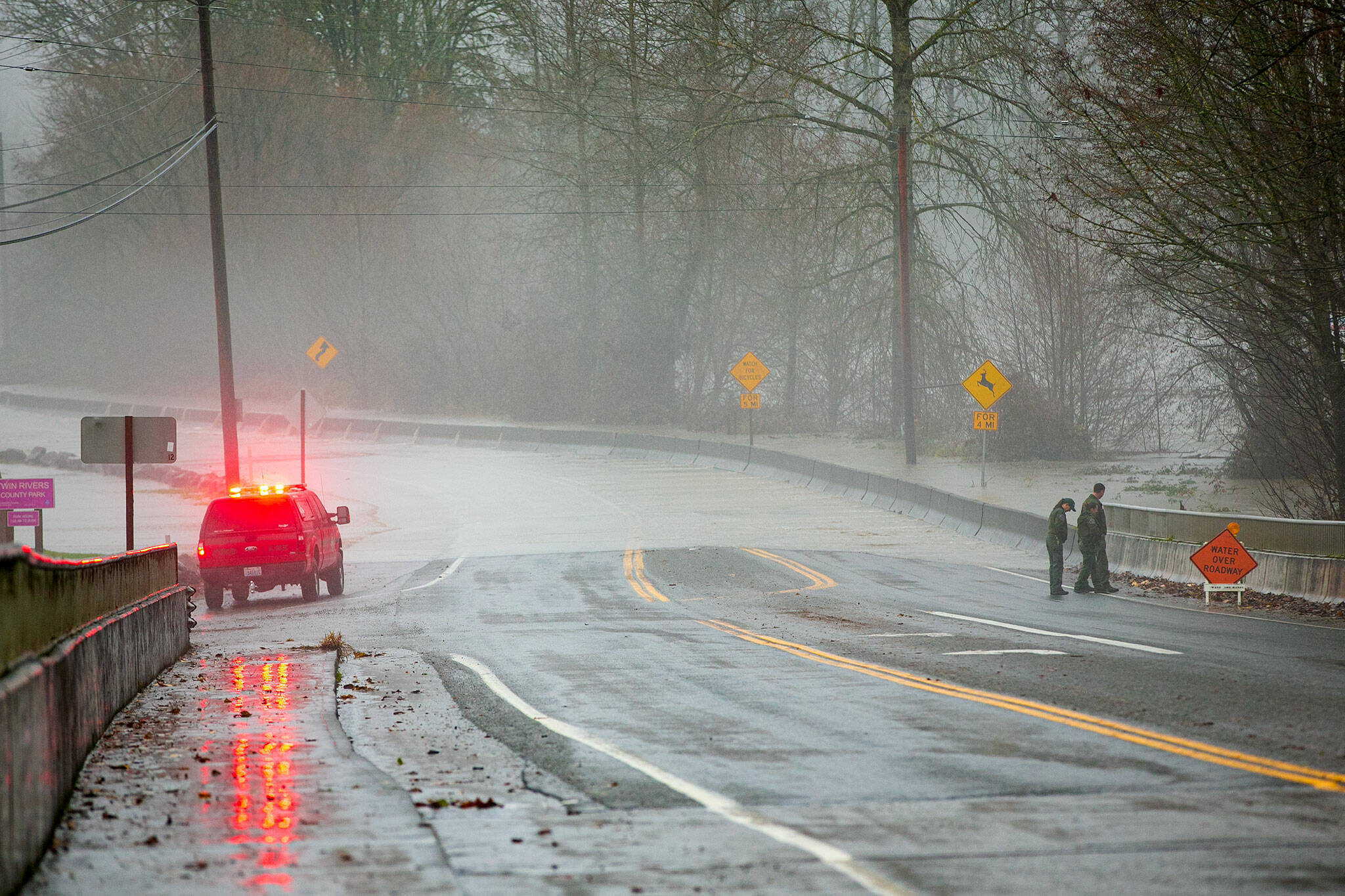EVERETT — Snohomish County is conducting a survey through May 23 to support the development of its first climate resiliency plan. The county hopes the plan will lay the groundwork for fortifying local communities and infrastructure against climate change impacts such as extreme temperatures, flooding or wildfire smoke.
The survey is available on the county website in Spanish, Korean, Vietnamese and Simplified Chinese for residents to share their perspectives and suggestions.
Participants are asked to identify what types of climate change impacts they’ve observed in recent years, what limitations they might face responding to climate change impacts and what resilience actions they think they county should prioritize.
After the survey closes, county staff will analyze feedback and gather more information through the summer with an open house event, which has yet to be scheduled. The draft plan will be shared in the fall for public comment with the goal to finalize it by winter.
In 2023, the state Legislature passed a bill requiring Washington’s 11 most populous counties and cities with a population greater than 6,000 to integrate climate impacts into their comprehensive plans by 2025. The bill includes Everett and Snohomish County.
Everett passed its first climate action plan in 2020, and an update in June 2023. The update included the city’s accomplishments from 2020, including adding over 25 miles of bikeways, creating a full-time resource conservation manager position and offering incentives for green development.
Washington also recently updated its statewide climate resiliency plan in September 2024. The 89-page document breaks down eight strategies for communities across coastal, Western and Eastern Washington to work toward, including implementing innovative water conservation strategies, reducing existing sources of pollution and restoring ecosystems.
The plan also lays out how climate change has already impacted the state and projections of what is in store down the road. Data also shows surface temperatures in Washington have already increased 1.2 degrees Fahrenheit since 1900, with a projected rise of 4.6-7.3 degrees Fahrenheit by 2100.
Many of the state’s climate resiliency projects are funded by the Climate Commitment Act, and the Legislature earmarked over $462 million for resiliency efforts between 2023 and 2025.
You can sign up for text or email updates on the county’s climate resiliency plan updates at the bottom of the survey webpage, or email climate@snoco.org.
Eliza Aronson: 425-339-3434; eliza.aronson@heraldnet.com; X: @ElizaAronson.
Eliza’s stories are supported by the Herald’s Environmental and Climate Reporting Fund.
Talk to us
> Give us your news tips.
> Send us a letter to the editor.
> More Herald contact information.


























